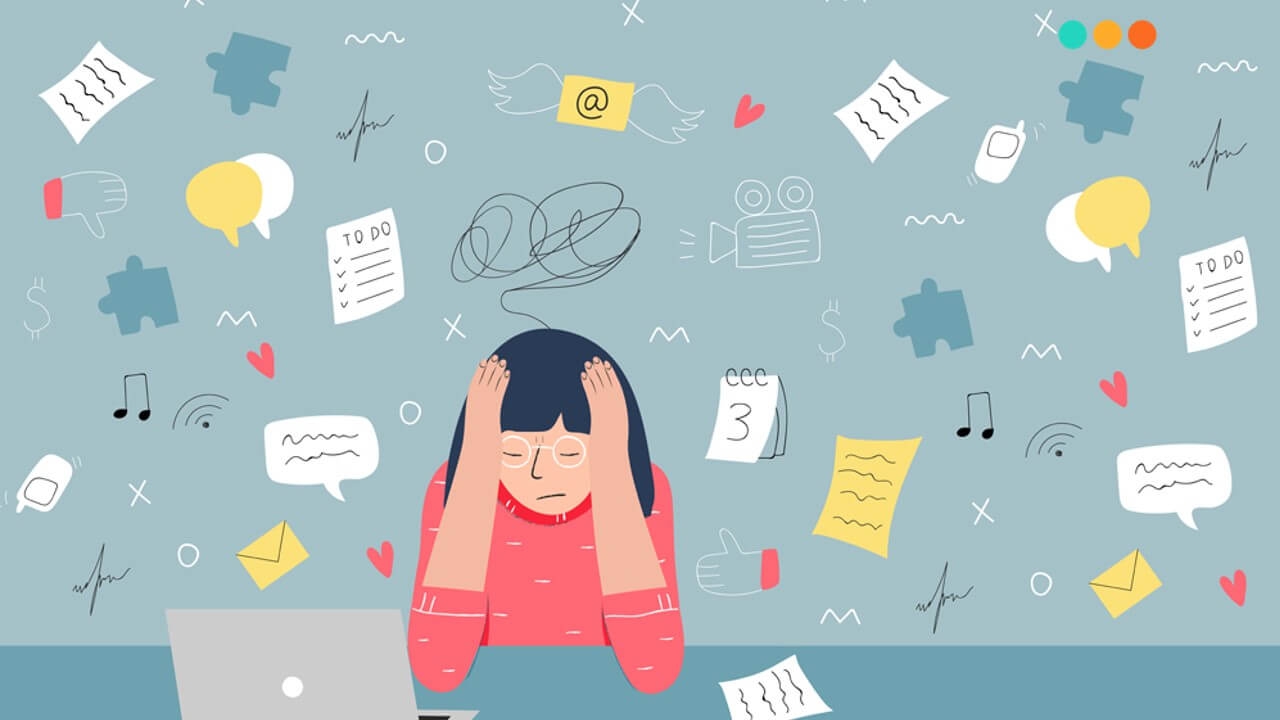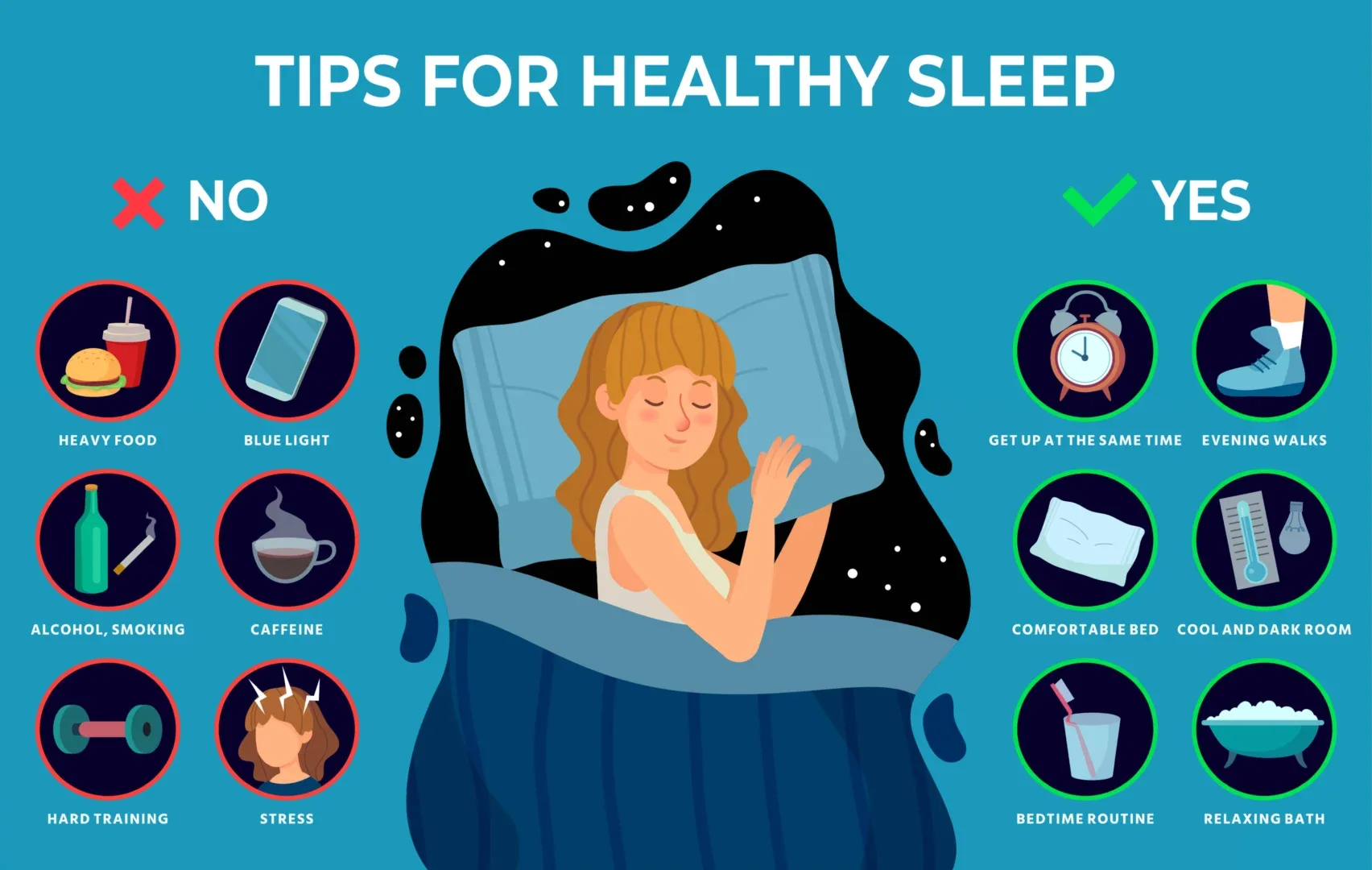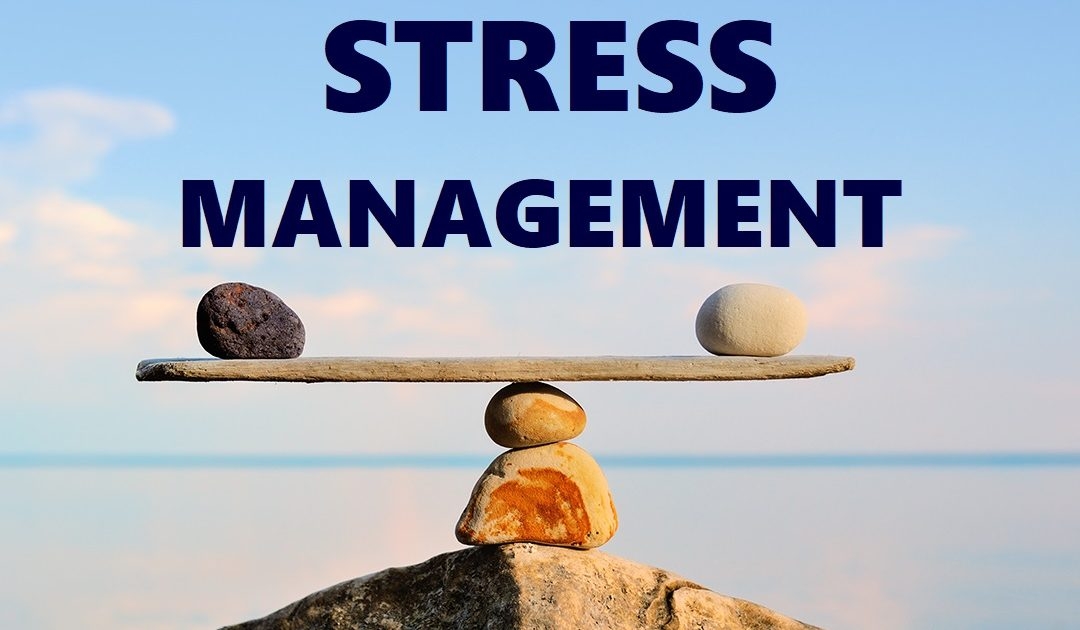In today’s fast-paced world, stress has become a common challenge that affects millions of people worldwide. Whether it’s due to work, personal life, or external pressures, unmanaged stress can lead to serious physical and mental health problems. The good news is, with the right strategies, stress can be controlled and managed effectively.
In this blog, we will explore practical stress management techniques that can help you achieve a balanced and healthy life. From simple lifestyle changes to effective coping strategies, these tips will empower you to take charge of your stress and live a more fulfilling life.
Understanding Stress and Its Impact on Health

Stress is a natural response to challenging situations, but chronic stress can have detrimental effects on your health. It can cause physical symptoms such as headaches, fatigue, and muscle tension, and can also impact your mental health, leading to anxiety, depression, and a lack of motivation. Long-term stress can weaken the immune system, making it harder for the body to fight off illnesses, and it may even increase the risk of heart disease.
Recognizing the signs of stress and understanding its impact is the first step toward managing it effectively. Knowing when you’re feeling overwhelmed and taking proactive steps to reduce stress can help prevent long-term health consequences.
1. Regular Physical Activity: A Natural Stress Reliever
One of the most effective ways to combat stress is through physical activity. Exercise not only improves physical health but also triggers the release of endorphins, the body’s natural “feel-good” hormones. These hormones help to improve mood and reduce stress levels. Engaging in activities like walking, running, yoga, or swimming can be a great way to release built-up tension and clear your mind.
Aim for at least 30 minutes of moderate exercise most days of the week to reap the full benefits. Exercise can improve sleep quality, boost energy, and enhance your overall sense of well-being. Even a short daily walk or stretching routine can make a significant difference in managing stress.
2. Practice Mindfulness and Meditation
Mindfulness and meditation have become popular techniques for reducing stress and promoting mental clarity. By practicing mindfulness, you focus on being present in the moment, which helps to calm the mind and reduce anxiety. Meditation, on the other hand, involves deep relaxation techniques that help center the mind and body.

To start, set aside a few minutes each day for deep breathing exercises or guided meditation. Apps like Headspace or Calm can help you get started with mindfulness practices. Studies have shown that regular meditation can reduce stress, lower blood pressure, and improve overall emotional well-being.
3. Manage Your Time Effectively
Feeling overwhelmed with responsibilities is one of the leading causes of stress. Time management plays a crucial role in preventing stress from taking over your life. Effective time management techniques can help you prioritize tasks, meet deadlines, and create a sense of control.
Start by making a to-do list or using a planner to organize your day. Break down large tasks into smaller, more manageable steps to avoid feeling overwhelmed. Set realistic goals and learn to say “no” when necessary to avoid overcommitting. By managing your time efficiently, you can reduce the pressure and minimize stress.
4. Build a Support System
Having a strong support system is essential for managing stress. Surrounding yourself with positive, supportive people can provide emotional comfort during difficult times. Whether it’s friends, family, or coworkers, talking to someone you trust can help you gain perspective, feel understood, and relieve stress.

If you’re feeling stressed, don’t hesitate to reach out to loved ones for support. Sometimes, simply venting or discussing your challenges with someone can alleviate stress. Additionally, joining support groups or therapy sessions can provide a sense of community and help you develop coping skills.
5. Improve Your Sleep Habits
Sleep and stress are closely connected. Poor sleep quality can increase stress, while chronic stress can interfere with your ability to get a restful night’s sleep. Getting enough quality sleep is essential for both physical and mental health.
To improve your sleep habits, aim for 7-9 hours of sleep each night. Create a calming bedtime routine, such as avoiding screens, limiting caffeine, and relaxing with a warm bath or reading a book. Make sure your sleep environment is comfortable and conducive to rest. Prioritizing good sleep hygiene can help reduce stress levels and improve overall health.

6. Eat a Balanced Diet to Support Your Health
What you eat plays a major role in how you handle stress. A well-balanced diet rich in fruits, vegetables, whole grains, lean proteins, and healthy fats can support your body’s ability to cope with stress. Foods high in vitamins, minerals, and antioxidants can reduce inflammation and protect against the harmful effects of chronic stress.
Avoid relying on junk food, sugary snacks, and caffeine, as they can contribute to stress and lead to energy crashes. Instead, focus on eating nutrient-dense foods that nourish your body and mind. Proper nutrition can stabilize your mood, boost energy, and improve your overall resilience to stress.
7. Take Breaks and Practice Self-Care
Taking regular breaks throughout the day can help prevent burnout and reduce stress. Whether it’s a short walk, a coffee break, or a few minutes of stretching, stepping away from your work can give your mind and body a chance to recharge.
Self-care is also essential for stress management. Engaging in activities that make you feel relaxed and fulfilled, such as reading, taking a bath, or listening to music, can help lower stress levels. Remember to make time for yourself, even if it’s just for a few minutes each day. Practicing self-care is not selfish; it’s essential for maintaining a healthy balance in life.
8. Limit Your Exposure to Stressors
While it’s not always possible to avoid stressful situations, it is important to recognize when you need to limit exposure to stressors. If certain situations, people, or environments consistently cause stress, consider setting boundaries or removing yourself from these triggers when possible.
For example, if work is a major stressor, try setting clear work-life boundaries, such as avoiding work emails during off-hours. If social media causes stress or anxiety, consider limiting your time on these platforms. Being mindful of the stressors in your life and taking proactive steps to reduce exposure can help you manage stress more effectively.
Conclusion: Taking Control of Stress for a Healthier Life
Managing stress is essential for maintaining both physical and mental well-being. By incorporating strategies like regular exercise, mindfulness, effective time management, building a support system, and prioritizing sleep, you can reduce stress and lead a more balanced and healthy life. Small changes to your daily routine can have a big impact on your stress levels and overall health.
Remember, stress is a normal part of life, but how you manage it makes all the difference. Implement these stress management tips into your lifestyle, and you’ll feel more empowered to tackle challenges with a clear, calm, and focused mind.
Interested in learning more about stress management and other wellness tips? Explore more articles on our website and don’t forget to leave your thoughts or questions in the comments below. We’d love to hear how you manage stress and what strategies work best for you!

Leave a Reply